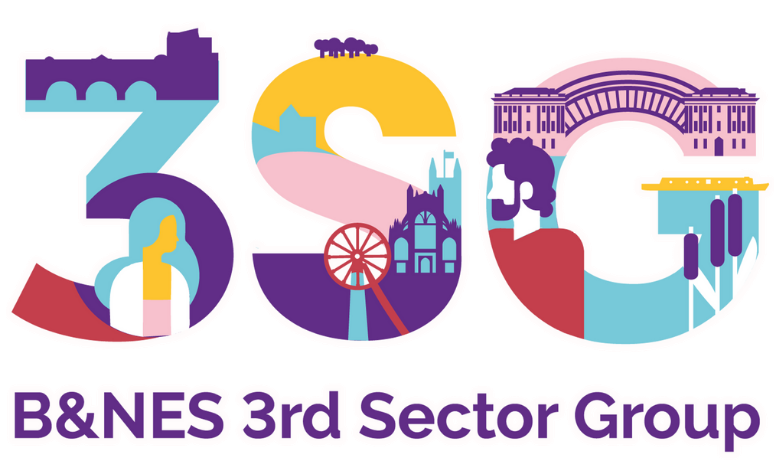Gathering Insights: What we’ve learned from 3rd sector partners
- Simon Prutton
- Jun 23, 2021
- 4 min read

We are pleased to share a brilliant new blog from our member, Bath and North East Somerset Carers' Centre, who gathered data and insights from partners (as opposed to beneficiaries) & what they learned:
Over the past few months we’ve been listening to some of our 3rd sector partners to better understand how we can work with them as part of the wider community who support carers in Bath & North East Somerset. Here’s what we did and what we heard!
Having conversations
Often the go to action in the Carers’ Centre if we want to find something out has been a survey. Death by survey in the voluntary sector is, I think, a common issue! Yet more recently we’ve been doing a lot of work understanding the best ways to undertake user research and the value of deeper, more meaningful, conversations. So rather than rely on a survey we sought out key partners to ask if they’d be willing to give up their time to talk to us. A variety of people took part in these conversations, from different levels within organisations, and we’re incredibly thankful they did. Their contributions have given us a valuable picture of support for carers in B&NES as well as thoughts on what we can do to improve this together.
Keeping it neutral
As humans, I think we often want to make people happy and find it difficult to criticise people face to face. But we wanted to hear the honest thoughts of partners, warts and all. So rather than undertake the interviews ourselves we used a trusted colleague who has a long history in stakeholder engagement in the area. She was already known to many, and was a safe, neutral sounding board. Everyone participating knew Martha would feed the information given back to us, I think it’s still easier to say things to a 3rd party, and for that 3rd party to probe without getting defensive! This helped to get some brilliant feedback which was humbling and in some ways difficult to hear, but necessary for our journey. We may have still had the same conversations if we’d spoken to the organisations directly, but maybe not. Martha has also added real value as a different voice and perspective in the room when we’ve been turning these conversations in to insights.
Seeking themes
The beauty of a form is it’s very easy to analyse the results. It’s often quantifiable. Conversations, or user interviews, are a little more tricky. However, using transcripts from the interviews, our core research team set about individually looking for what we felt were the key themes coming through, as well as key quotes which captured out attention. We shared these on a Miro board so we could see the similarities and differences in what stood out to us all, and used this to identify the top learnings and themes. It was a great way to share learning from the interviews with the wider group and ensure everyone was on the same page.

What we learned
It was really clear from talking to partners that they understand a lot about the challenges & barriers that carers face. That carers struggle to identify the role they play; the need for carers to take time for themselves; the impact caring has physically, emotionally and financially. There was also a definite desire to support more carers either directly or through greater collaborative working with the Carers’ Centre. The question now is how might we make it easier for partners to collaborate to improve services for carers. What does that look like? How does that become a reality?
Alongside this challenge, there was a real challenge posed to us directly. Many who were spoken to were confused by what the Carers’ Centre does and what we offer to carers. Some also felt the same was true for carers themselves. Partly this may be down to the hiatus of the pandemic and how services have changed. But it felt deeper than that. Although internally we thought we were good at explaining what we do, it was evident that we weren’t getting this message to the right place or the right people. Maybe we’d assumed our partners would know what we do. Maybe the way we express ourselves isn’t clear. Or maybe we haven’t been in the right spaces, talking to the right people. For whatever reason, what we heard is that to support carers well, we have to change this. We have to improve our communication and strengthen our relationships with our partners to make sure we hear what carers need and can deliver this collaboratively across our eco system. What we now need to look at is how we might do this!
We’re still keen to listen to partners and see if they agree with what we’ve heard and work with them as we develop tools and ideas to transform how we work to be more effective. Get in touch if you’d like to talk, or watch this space over the coming months!

Commenti